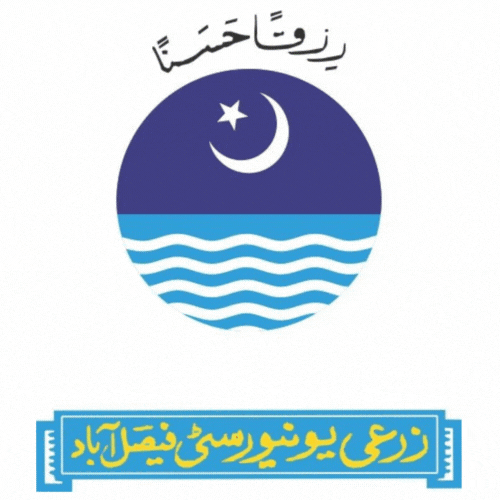
Experts of various organizations of the province pledged to complement each other in managing the pink bollworm and whitefly, causing a huge loss to the cotton and putting the whole economy in a severe stress.
Experts of various organizations of the province pledged to complement each other in managing the pink bollworm and whitefly, causing a huge loss to the cotton and putting the whole economy in a severe stress. Prior to the meeting, UAF Vice Chancellor Prof. Dr. Iqrar Ahmad Khan while apprising the PARB CEO Dr. Noor ul Islam Khan on the research activities of the varsity, said that UAF cotton breeders have developed a new germplasm having more ginning turnout, good fiber quality traits, and tolerant to biotic and abiotic stresses. He said that the new variety had showed overwhelming performance and secured top position among non-Bt group in National Coordinated Varietal Trials (NCVT)-2015-16 in Punjab province, conducted by Pakistan Central Cotton Committee (PCCC) at various research institutes/centers. He said that the new variety is meant for mechanical picking that would enable the growers to save handsome money for its manual picking. He said that aftermath the cotton failure during 2014-15 the UAF had dispatched its expert team in the province to investigate the reasons behind cotton collapse. Describing the cotton a mainstay of the rural economy, he said that the whole economy revolves around the cotton and if we become successful in providing quality seeds and ensure full plant population in the field, we will be harvesting a huge amount of cotton production without involving new technology and science. He said in Kisaan Package worth 100 billion rupees of the CM Punjab Muhammad Shahbaz Sharif about 8 billion rupees have been earmarked on cotton R&D that would open new window for the researchers to work on the research ideas in order to arrest the cotton threats of Pink Bollworm and whitefly, he added. Later the PARB CEO Dr. Noor ul Islam Khan held a meeting at Entomology Department of the varsity with all stakeholders of public organizations of the province. The meeting was attended by Dr. Shahid Mansoor Director NIBGE, Dr. Zahid Mehmood Director Central Cotton Research Institute Multan, Prof. Dr. Jalal Arif Chairman Entomology UAF, Prof. Dr. Mansoor ul Hassan, Dr. Khawar Jawad Ahmad Director Entomology AARI, Dr. Khalid Mahmood Subject Specialist Entomology, Dr Sher Muhammad Sharawat Director IPM Punjab, Prof. Dr. Shafqat Saeed Chairman Entomology Muhammad Nawaz Sharif University of Agriculture Multan, Dr. M. Dildar Gogi, Dr Zain ul Abdin, Dr. Rashid Rasoul Khan, Dr. Waqas Walil, Dr. Khurram Zia, Dr. Muhammad Arshad, Dr. M. Sufiyan, Dr. Tariq Mustafa, and Dr. Abid Ali to make deliberations on the daunting issue of pest attack on the major economic crop of the province. Addressing the participants, Dr. Noor ul Islam Khan said PARB intends to inject substantial funds in the good applied research aiming at to come up with doable solutions of pink bollworm and whitefly of the cotton. He said that his office would provide a huge funding of more than 80 million rupees to the research organizations to arrest the confronting challenges in the cotton production. He hoped that such complementary research would bring forth a complete package for the control of these notorious pests will be delivered to the cotton growers. He told that PARB was conducing survey to explore the reasons behind deteriorating the citrus quality in the province. He urged the participants to come out of their silos and complement the other organizations in the common objectives that would, he anticipated, fortify their time and resource utilization. He said that weeds are the major contributor in the limited crop yield of different crops that’s why the Punjab Government is organizing a weed eradication week from March 4-12, 2017 by taking all stakeholders on board. He urged the participants to conduct survey on the efficacy of whitefly insecticides in the fields, so that missing links to be bridged. He said that the country is importing soybean worth billions of rupees annually but setting up a soybean research center in Okara would not only enable us to meet our needs with indigenous crop but also help the growers to restore the soil quality of the region.
